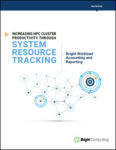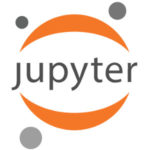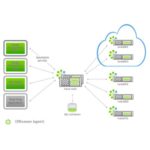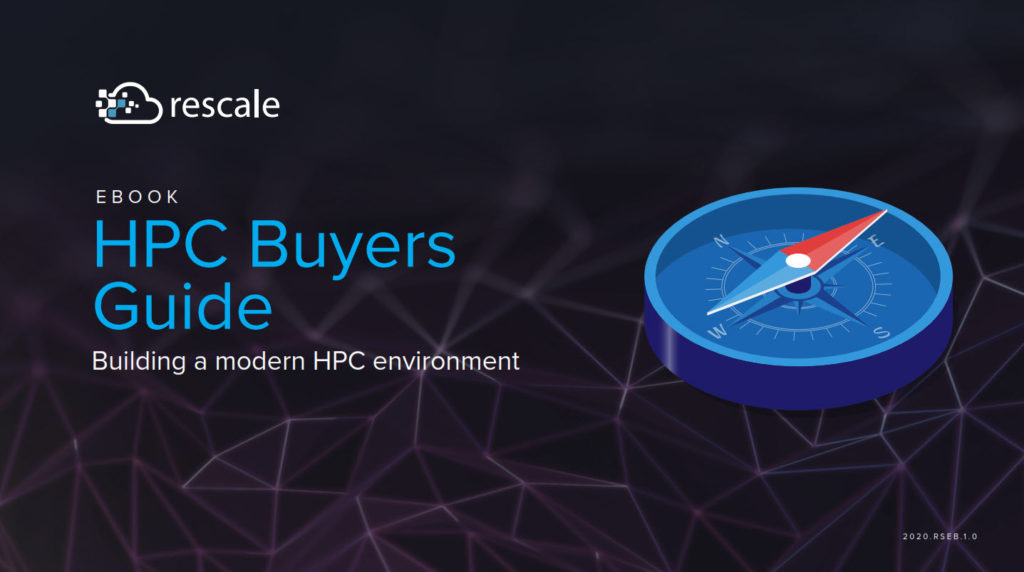In this contributed article, Bill Wagner, CEO of Bright Computing, discusses how the HPC industry has entered an era of change in the past few years. New technologies, cloud, edge, and a broadening set of commercial use cases in the areas of data analytics and machine learning have set in motion a tsunami of change for HPC. This is no longer a tool for rocket scientists and the research elite. HPC is quickly becoming a strategic necessity for all industries that want to gain a competitive advantage in their markets, or at least keep pace with their industry peers in order to survive.
Flatiron Institute Expands beyond 1000 Nodes with Bright Computing Cluster Management Software
The Flatiron Institute, New York, a community of scientists using modern computational tools to advance the basic sciences, is deploying a 320-node addition to its research cluster that will be managed by cluster management software from Bright Computing, maker of Linux cluster automation and management platform for HPC and machine learning. The implementation at Flatiron, […]
Increasing HPC Cluster Productivity Through System Resource Tracking
This white paper from Bright Computing addresses the necessary steps to give administrators, managers, and users the information they need to use HPC system resources effectively, to maximize system productivity, to enable effective resource sharing, to identify waste and to provide charge-back capability.
Podcast: Streamlined Data Science through Jupyter Lab and Jupyter Enterprise Gateway
“Jupyter is a free, open-source, interactive web tool known as a computational notebook, which researchers can use to combine software code, computational output, explanatory text and multimedia resources in a single document. This podcast looks at how the Bright Jupyter integration makes it easy for customers to use Bright for Data Science through JupyterLab notebooks, and allows users to run their notebooks through a supported HPC scheduler, Kubernetes, or on the server running JupyterHub.”
Podcast: Bright Computing forges eX3 at Simula Research Laboratory
The eX3 infrastructure allows Norwegian HPC researchers and their international collaborators to explore bleeding-edge hardware and software that will be instrumental to the coming generation of supercomputers. “Simula chose Bright Cluster Manager to provide comprehensive management of eX3, enabling the organization to administer its HPC platform as a single entity; provisioning the hardware, operating systems and workload managers from a unified interface.”
Podcast: Taking a Look at HPC-as-a-Service
In this SpotlightON podcast, Robert Stober from Bright Computing is joined by Adnan Khaleel, Global Sales Strategist for HPC, AI and Deep Learning at Dell Technologies. Together, they discuss the subject of HPC as a service: What it means, how it is different from traditional HPC, and what the benefits are.
Atipa Technologies Joins Bright Reseller Program
Today Bright Computing announced that Atipa Technologies has become the latest company to join the Bright Computing Partner Program, as an Advanced Reseller. “Through our partnership with Bright Computing, we will incorporate Bright’s industry-leading cluster management technology into our HPC solutions so that our customers who are less familiar with the Linux command line or who do not have the financial resources to hire an experienced Linux sysadmin can dive in and start using the cluster on day one.”
Bright Cluster Manager for Data Science Now Available at No Charge with Easy8
Today Bright Computing announced that Bright Cluster Manager for Data Science is now available at no charge as part of the Easy8 program. Launched in November of 2019, Easy8 is designed to put Bright’s award-winning cluster management software in the hands of every organization working with high-performance Linux clusters. Easy8 offers the full-featured Bright Cluster Manager software free for up to 8 nodes, and now includes Bright Cluster Manager for Data Science. Bright Cluster Manager automates the process of building and managing heterogeneous Linux clusters that span from your on-premise datacenter to the cloud, and to the edge.












